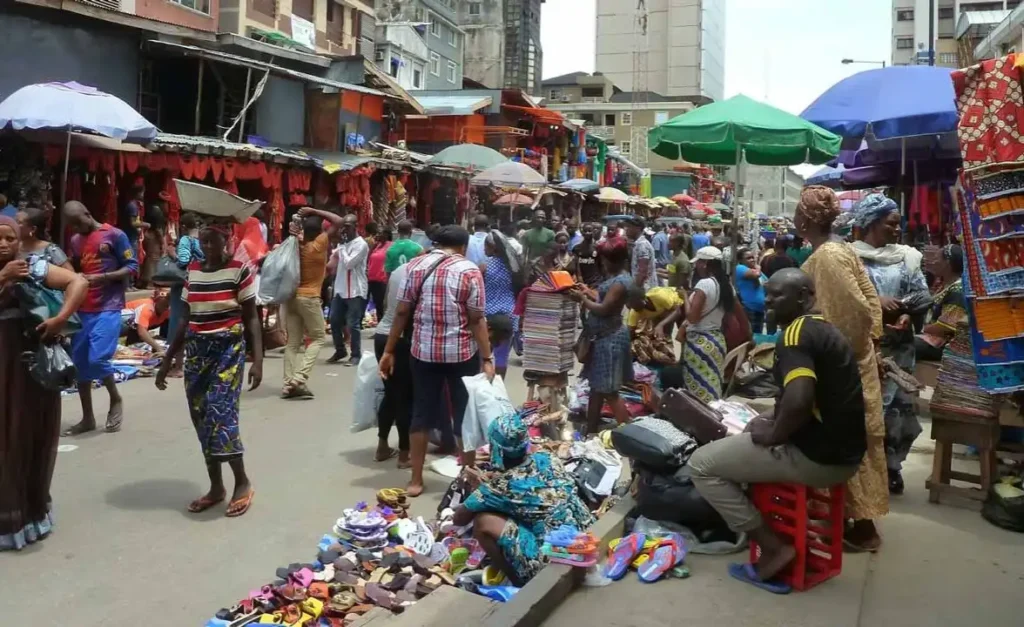Nigeria is witnessing a significant resurgence in domestic tourism as enhanced security initiatives begin to restore public confidence in previously volatile regions. Improved safety across major tourist hubs has led to a noticeable increase in local travel, with more Nigerians choosing to explore their country’s cultural, ecological, and historical offerings.
In recent years, insecurity had severely hampered travel across several parts of Nigeria. However, since 2022, a more coordinated effort between federal security agencies, local governments, and tourism stakeholders has produced measurable improvements in travel safety. These developments have unlocked new opportunities for internal tourism, especially among families, student groups, and young professionals eager to experience Nigeria’s vast natural and cultural heritage.
Improved Security Opens Up Tourist Hotspots
Destinations once plagued by banditry or unrest—such as parts of Kaduna, Plateau, and Cross River states—are now benefiting from targeted military operations, community vigilance programs, and the deployment of technology-driven surveillance. Tourist attractions like the Obudu Mountain Resort in Cross River, the Zuma Rock in Niger State, and Erin Ijesha Waterfalls in Osun State have seen steady increases in domestic foot traffic.
Travelers now report safer road conditions, better access to travel information, and improved on-ground coordination among tour operators and local law enforcement. These upgrades have made weekend getaways, holiday retreats, and road trips more appealing to the Nigerian public.

Federal and State Governments Prioritize Tourism Security
The Federal Government, through the Ministry of Tourism and allied bodies like the Nigerian Tourism Development Corporation (NTDC), has worked closely with states to create safer environments around tourism corridors. In some areas, this includes building or rehabilitating access roads, installing CCTV cameras, deploying tourist police, and involving local communities in security awareness programs.
In states like Lagos, Cross River, Ogun, and Ondo, these efforts have gone beyond safety to include better tourism planning, sustainable site management, and efforts to preserve historical monuments, national parks, and local festivals.
Rising Domestic Travel Patterns and Demographics
The improvement in safety has encouraged a notable demographic shift in tourism participation. Youth-led travel groups, adventure enthusiasts, and digital content creators have embraced Nigeria’s scenic and cultural diversity, helping to reshape the perception of local travel. Many now use social media platforms to document road trips, camping excursions, and heritage site visits—further encouraging others to travel.
Data from independent tour firms and hotel booking platforms suggest that weekend occupancy rates have risen sharply in tourist areas within Ogun, Osun, and Abuja. Group travel packages and curated experiences are in high demand, especially during public holidays and festive periods.
Boost to Local Economies and Small Businesses
This growth in domestic tourism is generating real economic benefits for rural and semi-urban communities. With more visitors arriving in person rather than relying on international travel, there has been a surge in demand for local services such as lodging, food, guides, transportation, and souvenirs.
Communities near popular destinations have recorded increased sales for artisans, caterers, and other micro-entrepreneurs. Local governments have also begun investing more in these areas, recognizing tourism as a pathway to job creation, youth engagement, and sustainable economic development.
Challenges That Remain
Despite these gains, challenges remain. Some tourist sites still lack proper signage, maintenance, and sanitation. Additionally, some inter-state routes continue to face sporadic security concerns, especially in the far north and middle belt. Poor transportation infrastructure and inconsistent power supply also affect the overall tourist experience in some regions.
Travel experts and stakeholders urge the government to create a more centralized tourism safety framework and to standardize emergency response protocols for domestic tourists across all 36 states.
A Promising Future for Nigeria’s Domestic Tourism
With more Nigerians becoming intentional about experiencing their country’s unique offerings—and with increasing trust in the government’s efforts to secure travel destinations—the outlook for domestic tourism is promising. Industry analysts project that, if current trends hold, local tourism could contribute significantly to Nigeria’s non-oil GDP within the next five years.
Sustained government support, private sector innovation, and consistent safety guarantees will be key to ensuring that domestic travel continues to thrive, even in a challenging economic environment.






